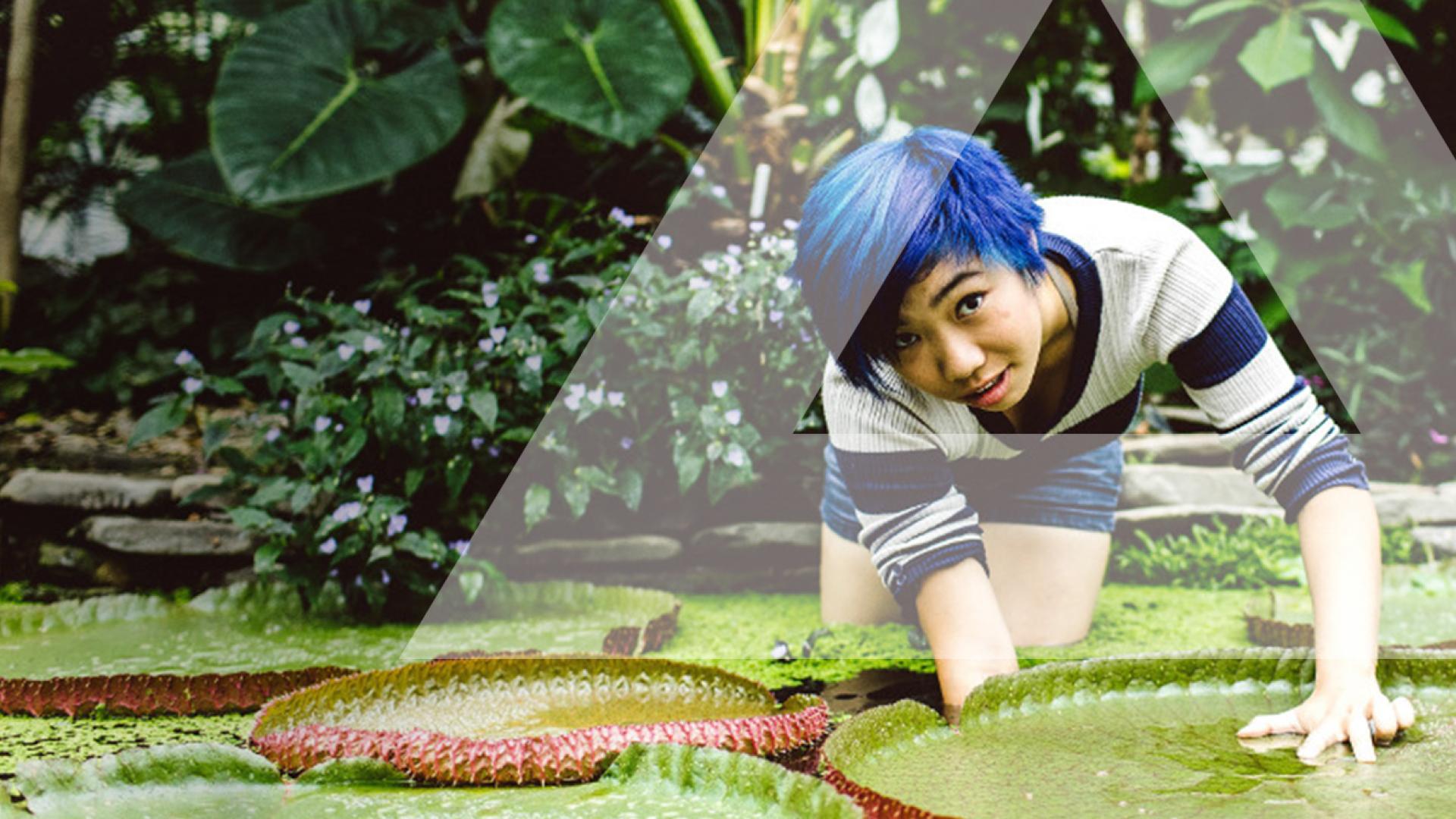Since May 2018, the CALS Office of Marketing and Communications has been leading a strategic initiative to rethink the online system. Launched in late 2019, the first phase of the new web system expands the college’s digital storytelling capabilities and upgrades the site’s technical infrastructure.
The CALS web ecosystem is a dynamic environment that includes more than 140 content contributors and approximately 60 websites – all managed by the same content management system. Moving away from the Drupal 7 template system that was launched in 2012, the new Drupal 8 environment, designed with digital agency Primacy, is a singular design that strongly represents the CALS brand in both appearance and content.
“This vibrant new web system showcases our life-changing research findings, presents new opportunities for people to engage with our impactful work and portrays the full landscape of our scientific expertise in a much more multidimensional way,” said Kathryn J. Boor, the Ronald P. Lynch Dean of CALS. “Importantly, our new website also aligns with the university’s commitment to accommodate every user and meet accessibility standards for website visitors with disabilities.”
In summer 2017, the CALS marketing and communications team released a comprehensive strategic messaging platform and visual identity. The team then led a college-wide adoption of those new branding standards, which were developed in partnership with the design firm IDEO. The web project applies that branding work to the college’s “digital front door” – a web system that welcomes nearly two million visitors every year.
“Our new website ecosystem has been carefully designed to demonstrate the collaborative and interconnected nature of Cornell CALS and designed to show stakeholders the extensive impact, variety and relevance of our research, extension and teaching,” said Samara A. Sit, associate dean for marketing and communications. “This flexible, networked system supports our enhanced digital content strategy and helps both system users and audiences benefit from our ‘build once, share everywhere’ approach.”
The project includes five key goals:
- Increasing the recruitment of high-quality students, faculty and staff
- Raising awareness of the college’s personnel, impact and expertise
- Support additional funding interest in college initiatives
- Improve internal web infrastructure to increase scalability and system stability
- Solve web accessibility obstacles for those with disabilities
To achieve those goals, the new system enables academic departments and other website owners to display more audience-focused content. With 25 new “modules” and three new content types for news stories, CALS is expanding the opportunities to tell stories in creative ways. The three new content types:
- Field Notes, which shows a behind-the-scenes look at faculty, staff, student and alumni experiences
- Spotlights, which take a critical lens to a singular topic, method of research or faculty expertise
- FutureCasts, which are highly-visual, in-depth features that ask compelling questions about nuanced and multidimensional issues.
The entire web ecosystem features a common “header” and “footer” area on each page that has been repurposed to deliver more relevant content to target audiences. At the top of each page, a red icon prompts visitors to Discover CALS. The portal presents visitors with ten “Channel” pages, where the system’s enhanced taxonomy provides topic-focused research news, educational offerings and information about related centers and institutes.
At the top of each page is the main website navigation, which contains information designed specifically for prospective students, faculty, staff and non-affiliated stakeholders. Further down, the homepage features a custom module that highlights 10 topical areas of CALS expertise. This module takes users through a curated, subject-focused experience that serves relevant news, expert profiles and educational offerings, inviting the curious visitor to explore more.
At the bottom of each page, the expanded footer area focuses on information for college-affiliated users and for New York state residents – a key audience for CALS as the Land-Grant institution of New York. Visitors can also sign up to receive a new digital newsletter that will bring them monthly news highlights from the college.
The college’s flagship site, cals.cornell.edu, now contains more than 500 rewritten and redesign pages of content. These pages represent key units, including Admissions, Office of Academic Programs, Office of Student Services, Office of the Dean, Alumni Affairs and Development, Diversity & Inclusion, Human Resources, Information Technology and many more.
The site also features new sections dedicated to exploring the college’s impact, and it showcases our long history of scientific discovery. The expanded “Values” section highlights our wide variety of diversity and inclusion efforts and our community values.
Similarly refreshed is the site for Cornell AgriTech, CALS’ Geneva, New York campus. The new AgriTech site displays new sections that talk about on-campus expertise, food products they research, campus partners, centers and affiliated institutes.
To unify the college community, the site provides several new comprehensive directories:
- The People Finder allows visitors to search for college personnel from any department, and the database will grow as more subsites are brought into the system.
- The Program Finder allows prospective students to explore degree and non-degree educational opportunities at CALS, diving into options by degree type, interest area and/or career paths.
- The News Directory allows visitors to search for college news, people profiles and event coverage, based on a variety of new filters. The new system incorporates better search engine optimization to improve search results.
Phase two of the website project will begin in February 2020, during which the Marketing and Communications’ digital team will assist academic departments and programs with a similar redesign process, uniting the college under the new web system by fall of 2021.
“Community input throughout this project has been critical to its success,” Boor said. “We want to thank everyone for their valuable contributions to this high-profile initiative.”
Watch a short video with five highlights of the new website system





